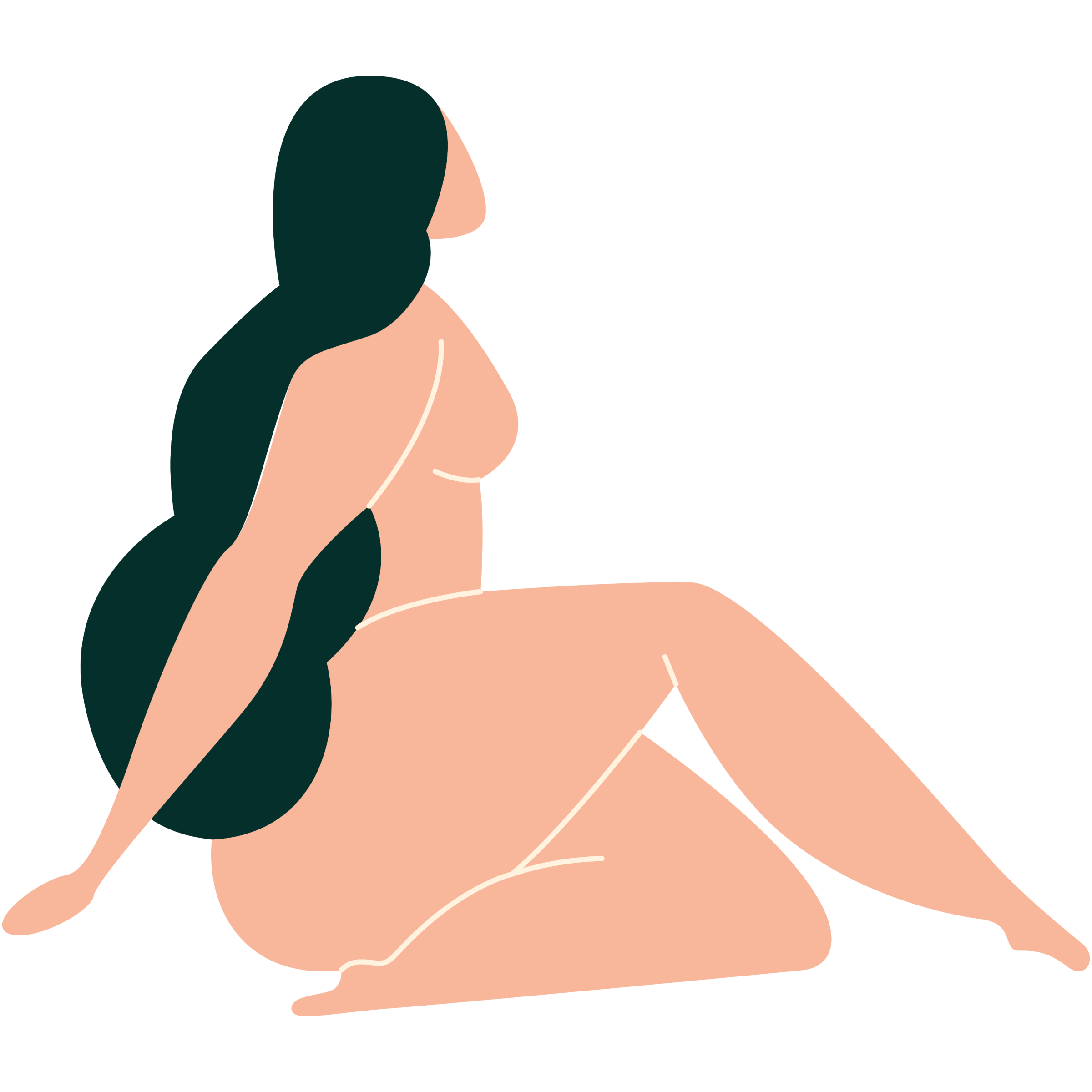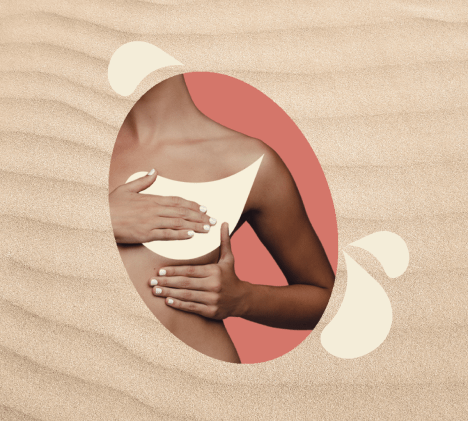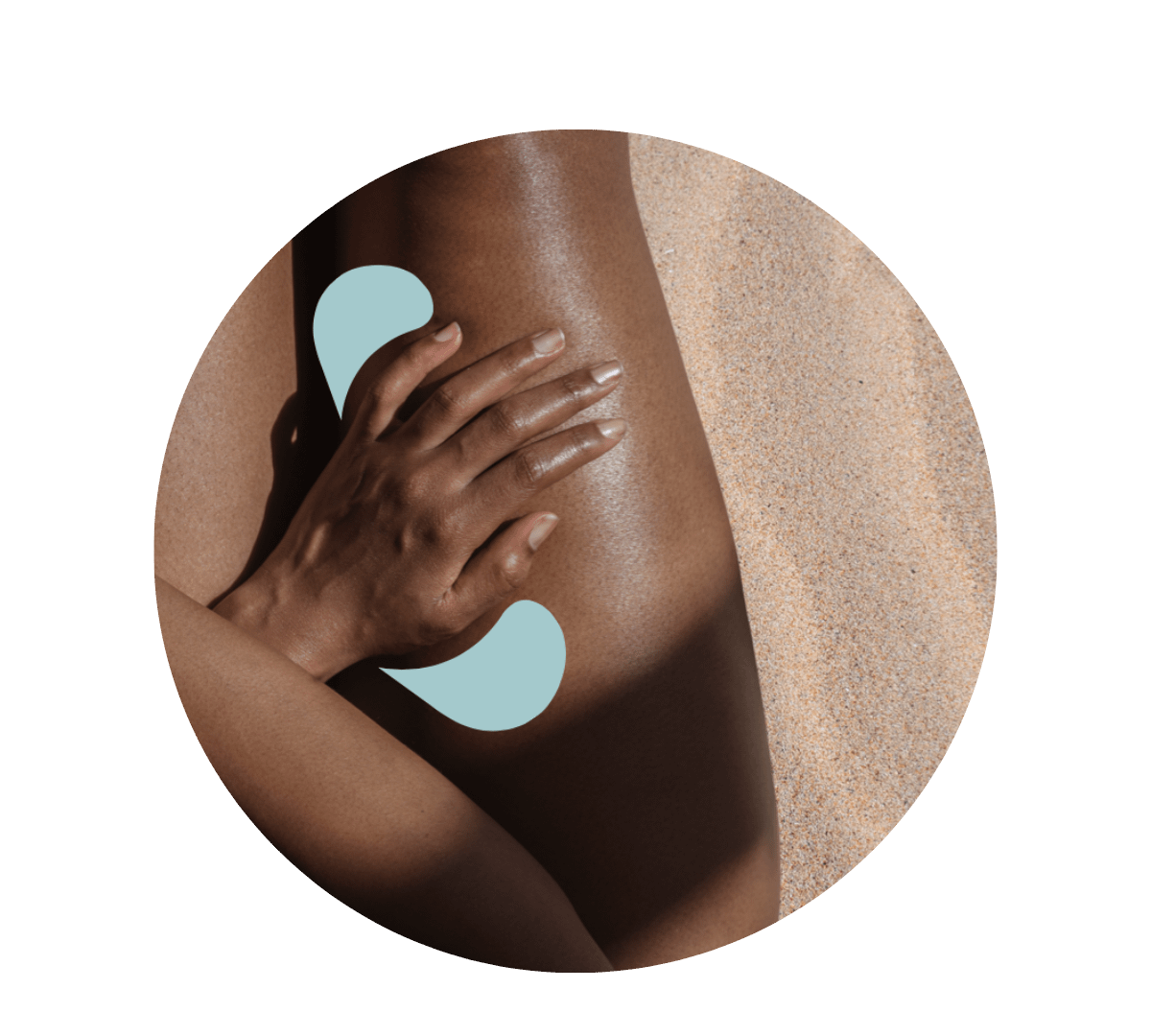
Body
Get to know your body through a better understanding of your anatomy and find the answers to some of your most common questions.
Back
All topics

4 resources

19 resources

6 resources

4 resources

6 resources
Back
All topics

9 resources

12 resources

4 resources

11 resources

2 resources
Back
Back
All topics

17 resources

11 resources

13 resources

2 resources

Mauj Products
We’ve designed our products to help you explore your body, solo or otherwise. Whether you’re a curious novice or a seasoned explorer, this is for you.
Back
All topics

4 resources

19 resources

6 resources

4 resources

6 resources
Back
All topics

9 resources

12 resources

4 resources

11 resources

2 resources
Back
Back
All topics

17 resources

11 resources

13 resources

2 resources

Mauj Products
We’ve designed our products to help you explore your body, solo or otherwise. Whether you’re a curious novice or a seasoned explorer, this is for you.

Pain is not merely a discomfort to be brushed aside; it is a powerful signal from your body, asking you to look inwards. If you’re able to do that, you will uncover underlying issues, learn to recognize when something is wrong, and ultimately forge a deeper connection with your body.
There are various types of pain a woman commonly experiences during her life that we rarely address. Let’s break them down together.
We've grown up being fed this period myth that pain is part of the deal, that conditions are incurable, and that periods need to be medicated to behave. Suffering, as the narrative goes, is our destiny.
While some discomfort or mild cramping can be expected during menstruation, severe or debilitating pain that interferes with daily activities is a sign that something is wrong. Many serious conditions can cause severe period pain, including endometriosis, adenomyosis, hormonal imbalances, or pelvic inflammatory disease.
If you’re experiencing severe period pain, we urge you to talk to a doctor. Ignoring your pain just because it’s so common among your female friends and family members can lead to a delayed diagnosis and more complications. You deserve to have a healthy and pain-free menstruation.
We’ve all been told that your first time having sex will be painful. You’re going to hurt, bleed, and be uncomfortable. That’s how we were introduced to the idea of sex, and somehow it sticks with us that pain is just a part of it all.
While it's not uncommon to experience some pain the first time you have sex, sex should not be painful. If the pain persists, it can be an indication of an underlying physical or psychological condition, such as vaginal dryness, hormonal imbalances, infections, endometriosis, pelvic inflammatory disease, vulvodynia, or vaginismus.
Your doctor will be able to perform a proper physical examination to determine the root cause of your sexual pain and recommend the right treatment accordingly. There are solutions, so don’t be afraid to speak up.
We can't stress this enough. As you embark on the journey of pregnancy and childbirth, you have an absolute right to receive all the support you need, both physically and emotionally. Pregnancy and childbirth are transformative experiences that require comprehensive care and support to ensure the well-being of both you and your baby.
Pregnancy brings about a multitude of physical and hormonal changes, and while some discomfort can be expected, persistent or severe pain should never be ignored.
Communicate openly with healthcare providers, seek support from your loved ones, and get educated on how to understand your pain. This will tremendously help you in navigating this transformative phase of your life.
Pain is a powerful messenger. It’s an urgent plea that demands your attention. Once you recognize that, you’ll be able to listen to your body and unlock a path towards healing and growth.
Did you find the answer you were looking for? Is there something we missed? What did you think of this resource? We want to hear from you.



